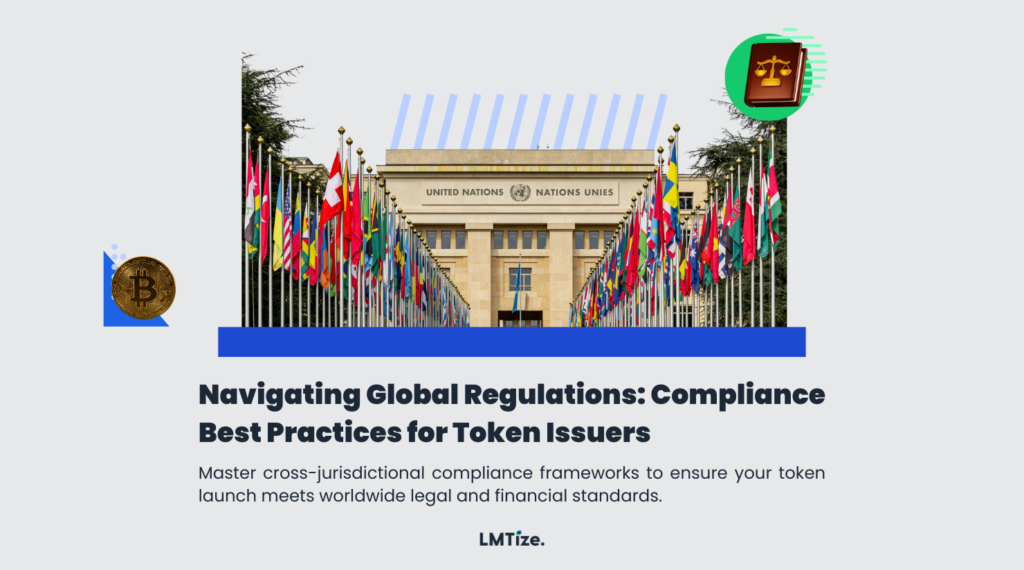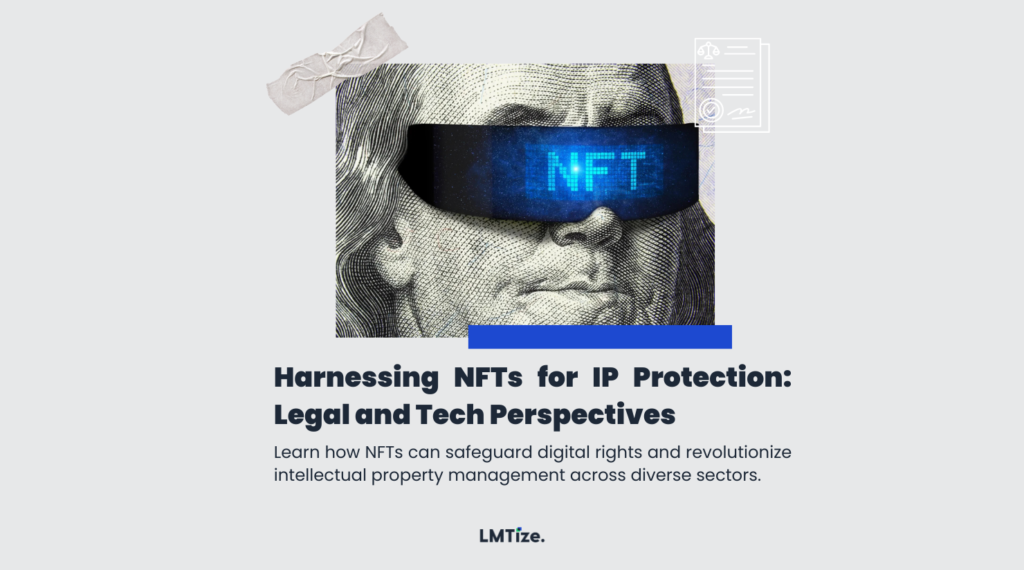Security vs. Utility: Choosing the Right Token Model for Your Business
Introduction: The Growing Significance of Token Models
The tokenization of assets and services has rapidly evolved, with businesses leveraging blockchain technology to issue digital tokens that serve various financial and functional purposes. However, choosing the right token model is crucial to regulatory compliance, investor engagement, and long-term business sustainability.
There are two primary types of blockchain-based tokens: security tokens and utility tokens. Understanding the differences, legal implications, and business applications of each can help companies optimize their token strategy and avoid regulatory pitfalls.
This article provides a comprehensive guide to security and utility tokens, highlighting their use cases, regulatory distinctions, real-world applications, and factors businesses should consider when issuing tokens.
What Are Security and Utility Tokens?
1. Security Tokens: The Digital Equivalent of Traditional Securities
A security token represents ownership in an asset, investment contract, or share in a company. These tokens are regulated as securities and must comply with financial regulations in their respective jurisdictions.
Key Characteristics of Security Tokens:
- Backed by Real-World Assets: Security tokens derive value from equity, real estate, bonds, or commodities.
- Regulated and Restricted: Subject to securities laws such as the U.S. SEC’s Howey Test and EU’s MiFID II framework.
- Designed for Investment: Holders often receive dividends, voting rights, or profit-sharing incentives.
Examples of Security Tokens:
- tZERO (Tokenized Equity Trading Platform): Issued security tokens for equity ownership in its platform.
- Aspen Coin (Tokenized Real Estate): Represents fractional ownership in a luxury hotel in Colorado.
- SPiCE VC (Tokenized Venture Capital Fund): Allows investors to own shares in a venture capital fund.
2. Utility Tokens: Access and Functionality on Blockchain Networks
A utility token grants users access to a platform, service, or product without offering ownership or investment value. These tokens are generally not classified as securities, but improper structuring can lead to regulatory scrutiny.
Key Characteristics of Utility Tokens:
- Functionality-Based: Used for platform access, payments, governance, or service interactions.
- Lower Regulatory Barriers: Unlike security tokens, utility tokens do not represent investment contracts.
- Supply and Demand Driven: Their value depends on the platform’s adoption and token utility.
Examples of Utility Tokens:
- Ethereum (ETH): Powers transactions and smart contracts on the Ethereum blockchain.
- Filecoin (FIL): Allows users to buy and sell decentralized storage services.
- Basic Attention Token (BAT): Used for advertising and tipping content creators on Brave Browser.
Regulatory Considerations: How to Determine Security vs. Utility?
The distinction between security and utility tokens is critical due to regulatory compliance requirements. Governments have introduced legal frameworks to prevent fraudulent token sales and protect investors.
1. The Howey Test (U.S. SEC)
A token is considered a security if it meets these criteria:
- It involves an investment of money.
- The investment is made into a common enterprise.
- Investors expect profits based on the efforts of others.
If a token passes the Howey Test, it must comply with securities regulations such as Reg D, Reg S, Reg A+ in the U.S.
2. MiFID II (EU Markets in Financial Instruments Directive)
- The European Union applies MiFID II rules to tokenized securities and investment vehicles.
- Tokens with investment characteristics fall under securities regulations, requiring compliance with licensing and disclosure laws.
3. Singapore’s MAS Token Classification
- The Monetary Authority of Singapore (MAS) differentiates between security tokens (regulated) and utility tokens (non-regulated).
- MAS sandbox programs help businesses test token models before launching full-scale offerings.
Key Factors to Consider When Choosing a Token Model
- Business Purpose: Define whether the token is for investment, platform access, or governance.
- Regulatory Impact: Understand applicable securities laws and compliance requirements.
- Liquidity and Trading: Security tokens have regulated exchanges (tZERO, Securitize), while utility tokens trade freely on crypto markets.
- Token Economics: Design supply mechanisms, staking models, and governance systems to ensure sustainable value.
- Investor Expectations: If the token provides dividends, profit-sharing, or voting rights, it will likely be classified as a security.
LMTize: Your Partner in Tokenization Strategy
LMTize is a leading asset tokenization agency, providing comprehensive solutions for businesses launching security or utility tokens. Our services include legal structuring, smart contract development, and compliance guidance to ensure seamless token issuance.
With LMTize, businesses can safely navigate the complexities of tokenized finance, ensuring that regulatory, technical, and economic factors are properly addressed.
Frequently Asked Questions (FAQs)
What is the primary difference between security and utility tokens?
- Security tokens represent ownership or investment, while utility tokens provide platform access or functionality.
Do security tokens require regulatory approval?
- Yes, security tokens must comply with securities laws in their respective jurisdictions.
Are all ICOs considered security tokens?
- No, but many ICOs have faced SEC scrutiny for being improperly structured as utility tokens while offering investment returns.
Can utility tokens increase in value?
- Yes, but their value is typically tied to platform adoption and utility, not investment speculation.
Where can security tokens be traded?
- On regulated exchanges like tZERO, Securitize, and INX.
How does LMTize help with token issuance?
- LMTize offers regulatory guidance, smart contract development, and exchange integration for tokenized assets.
Can security tokens be used as governance tokens?
- Yes, security tokens can grant voting rights and governance privileges.
What happens if a utility token is misclassified?
- It may be subject to securities laws, fines, and delisting from exchanges.
Are hybrid tokens possible?
- Yes, some tokens offer both security and utility features, requiring careful structuring.
How do I determine the best token model for my business?
- Consult with tokenization experts like LMTize to align your token with legal, business, and market considerations.
Conclusion: Making the Right Tokenization Choice
The choice between security and utility tokens has profound legal, economic, and operational implications. Businesses must carefully evaluate their objectives, regulatory environment, and market strategy to launch a successful token.
By working with LMTize, companies can ensure a compliant, secure, and effective tokenization strategy that aligns with long-term growth.




